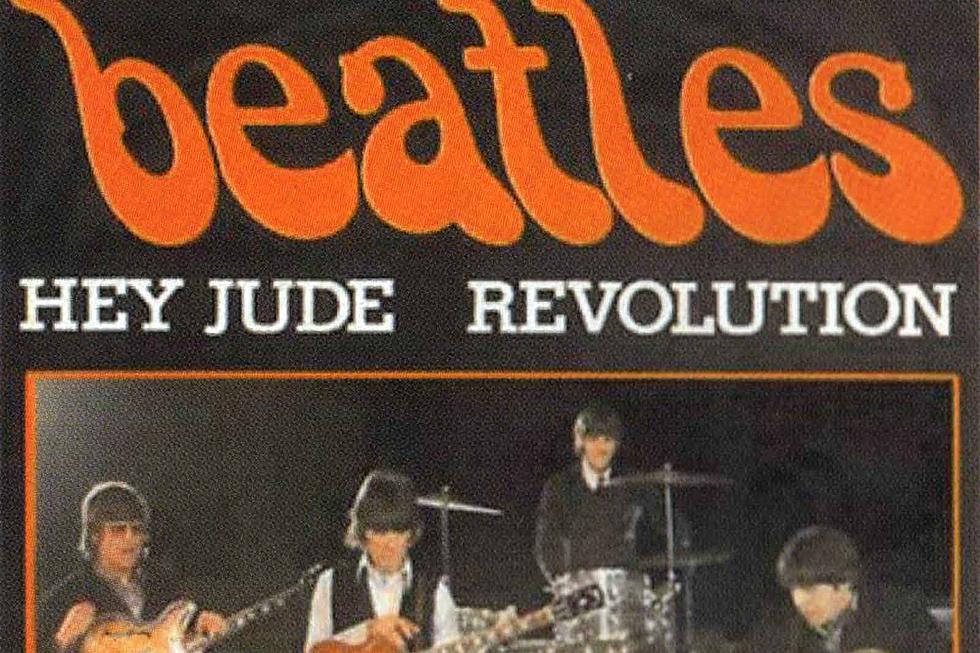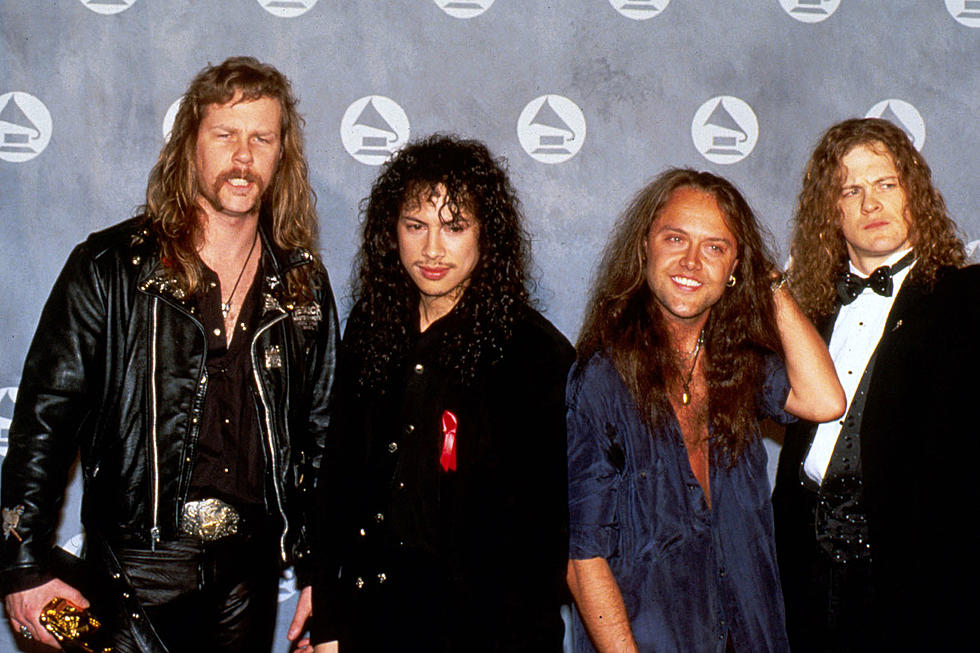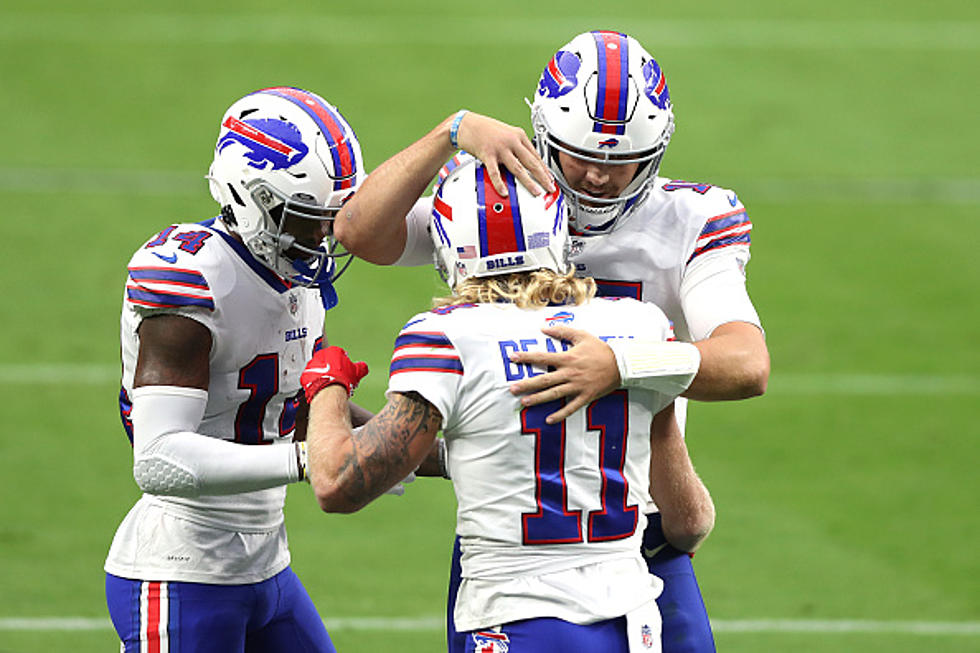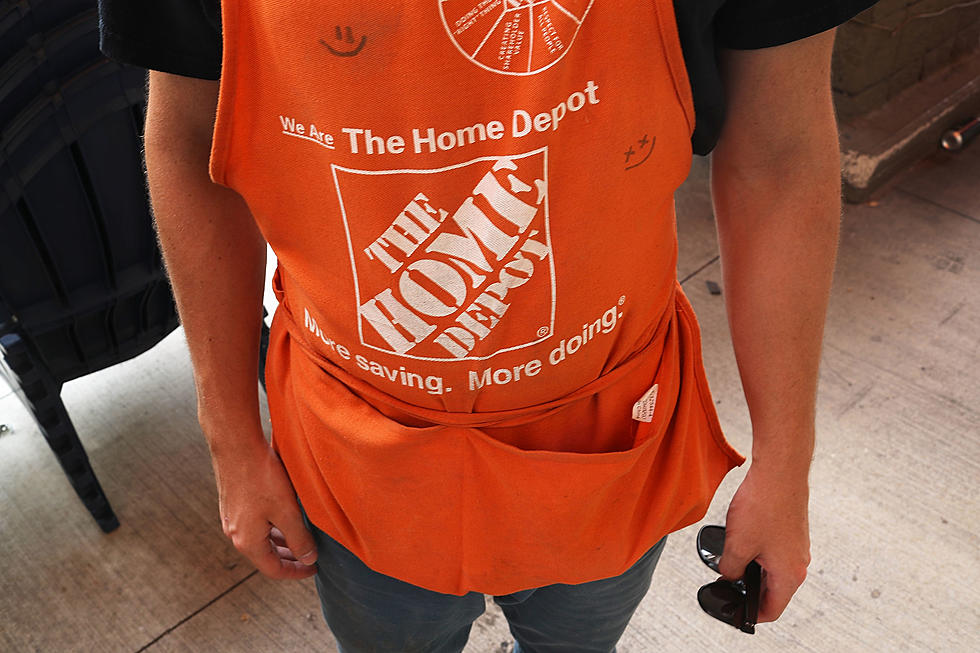
How the Beatles Created Their Biggest Hit, ‘Hey Jude’
In all likelihood, the Beatles didn't set out to challenge radio programmers' time constraints when they released the seven-minute-plus "Hey Jude" on Aug. 26, 1968. They were, as was always the case, simply following their muse.
In this instance, it was Paul McCartney writing a song for John Lennon's five-year-old son, Julian, to comfort the only child of Lennon and first wife Cynthia after John left them for a new life with Yoko Ono. But it soon snowballed into something much, much more.
"Hey Jude" began life during the recording of the White Album, as the Beatles were being driven apart. The stress of being in the world's biggest band was weighing heavily on their personal and professional lives. Songs for The Beatles were often recorded separately or with each member serving as a backing musician to his bandmates. But they would still fall together spectacularly at times, as "Hey Jude" proved.
Following Lennon's affair with Ono, McCartney paid a visit to Cynthia and Julian in June 1968. On his drive to their home, he wrote "Hey Jules" to help comfort the boy. (Its message of hope was so universal, however, John Lennon believed the song was McCartney's way of blessing his controversial relationship with Ono.) A quick name change later, and McCartney had a new song, which would be credited to the old Lennon-McCartney partnership.
After a couple days of rehearsals at the familiar EMI Studios, the track was recorded at London's Trident Studios on July 31 and Aug. 1, right in the middle of the White Album sessions. The four Beatles took their usual places, mostly – McCartney on piano, Lennon on acoustic guitar, George Harrison on electric guitar and Ringo Starr on drums – and ran through four takes of "Hey Jude." The first was chosen as the master. McCartney would later overdub bass; a 36-piece orchestra was also added, along with backing vocals, to what became the Beatles' first eight-track recording.
Watch the Beatles' 'Hey Jude' Video
At about three minutes in, not even the halfway point of the group's longest song at that time, McCartney leads a sing-along coda that eases its way toward a slow fade, as various voices join McCartney's spirited improvs ("Cary Grant on heat," he called them, according to Bruce Spizer's The Beatles on Apple Records). Also listen closely for someone uttering "fucking hell" at 2:58, reportedly the result of either Lennon's bad headphone mix or a missed note on McCartney's part.
"Hey Jude" became the first release on the Beatles' new Apple Records, backed by the electric version of "Revolution," a song that appeared in two different forms – the slower "Revolution 1" and the sound collage "Revolution 9" – when the White Album was released in November.
The song debuted on the Billboard Hot 100 on Sept. 14 then reached No. 1 just two weeks later, and stayed there for nine weeks, two more than "I Want to Hold Your Hand" had in 1964. It was also, at 7:11, the longest song to hit the top spot at the time. (The crown was handed over to Don McLean's 8:42 "American Pie" four years later.) It was the biggest hit of the Beatles' 20 U.S. number ones.
A promotional video was shot about a week after the single release for a Sept. 8 premiere on the British talk show Frost on Sunday. The group sang live to a backing track as selected audience members joined in for the closing sing-along. The Michael Lindsay-Hogg-directed clip also marked the return of Starr, who briefly left the band after McCartney criticized his playing during the tumultuous recording sessions. (That's McCartney on drums for The Beatles' opening song, "Back in the U.S.S.R.")
There was some initial concern about the song's unaverage length preventing airplay, but as Lennon astutely noted when producer George Martin questioned whether radio would play a track that clocked in at more than seven minutes: "They will if it's us." Of course he was right.
For a while there, it looked like all the things crashing down and caving in on the Beatles – the arguments, the fame and the increasing expectations from fans to top themselves once more – could easily be pushed aside with a hopeful song that promised to "make it better."
Beatles Albums Ranked
Who Was the Fifth Beatle?
More From 92.9 WBUF







![Cole Beasley and Isaiah McKenzie Stir Up Controversy Over NFL Mask Fines [TWEETS]](http://townsquare.media/site/17/files/2021/08/attachment-gettyimages-1234353006-594x594.jpg?w=980&q=75)


